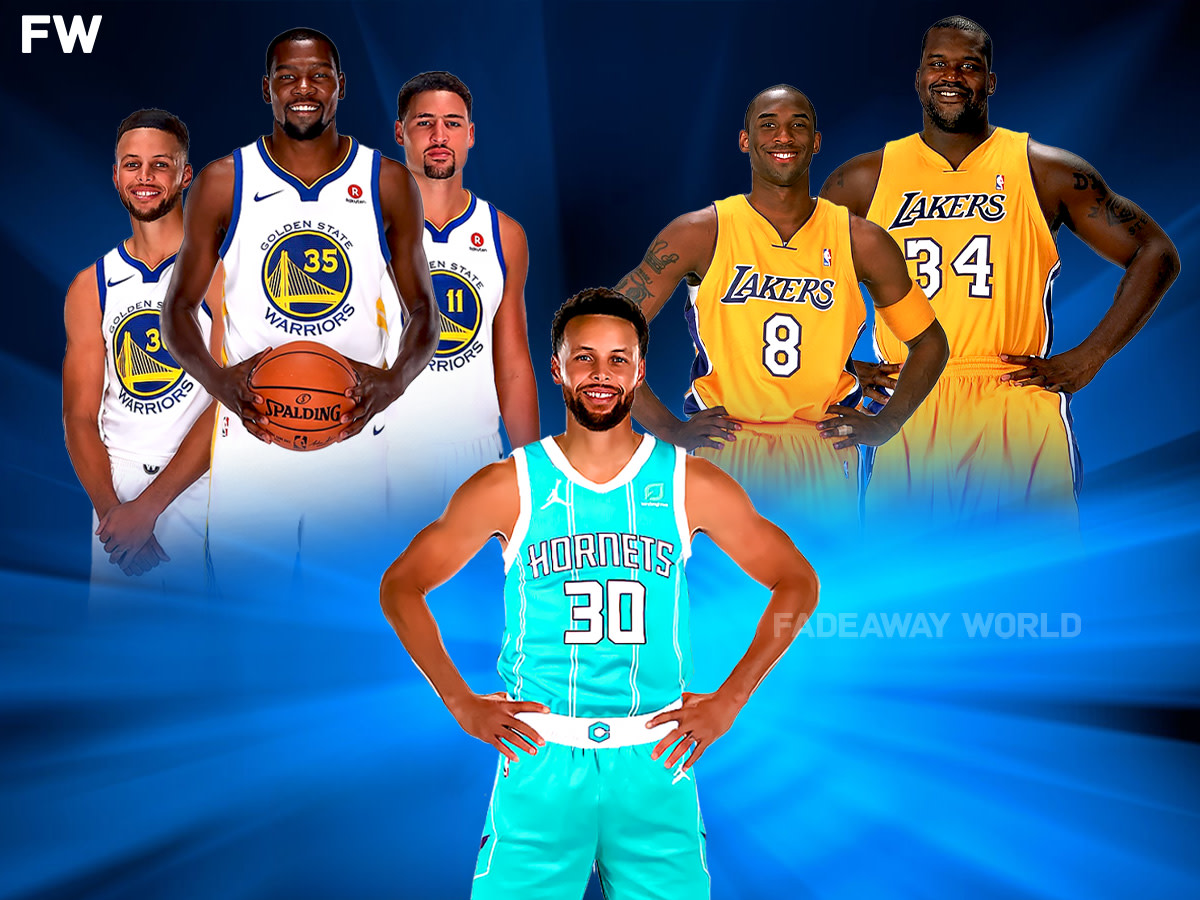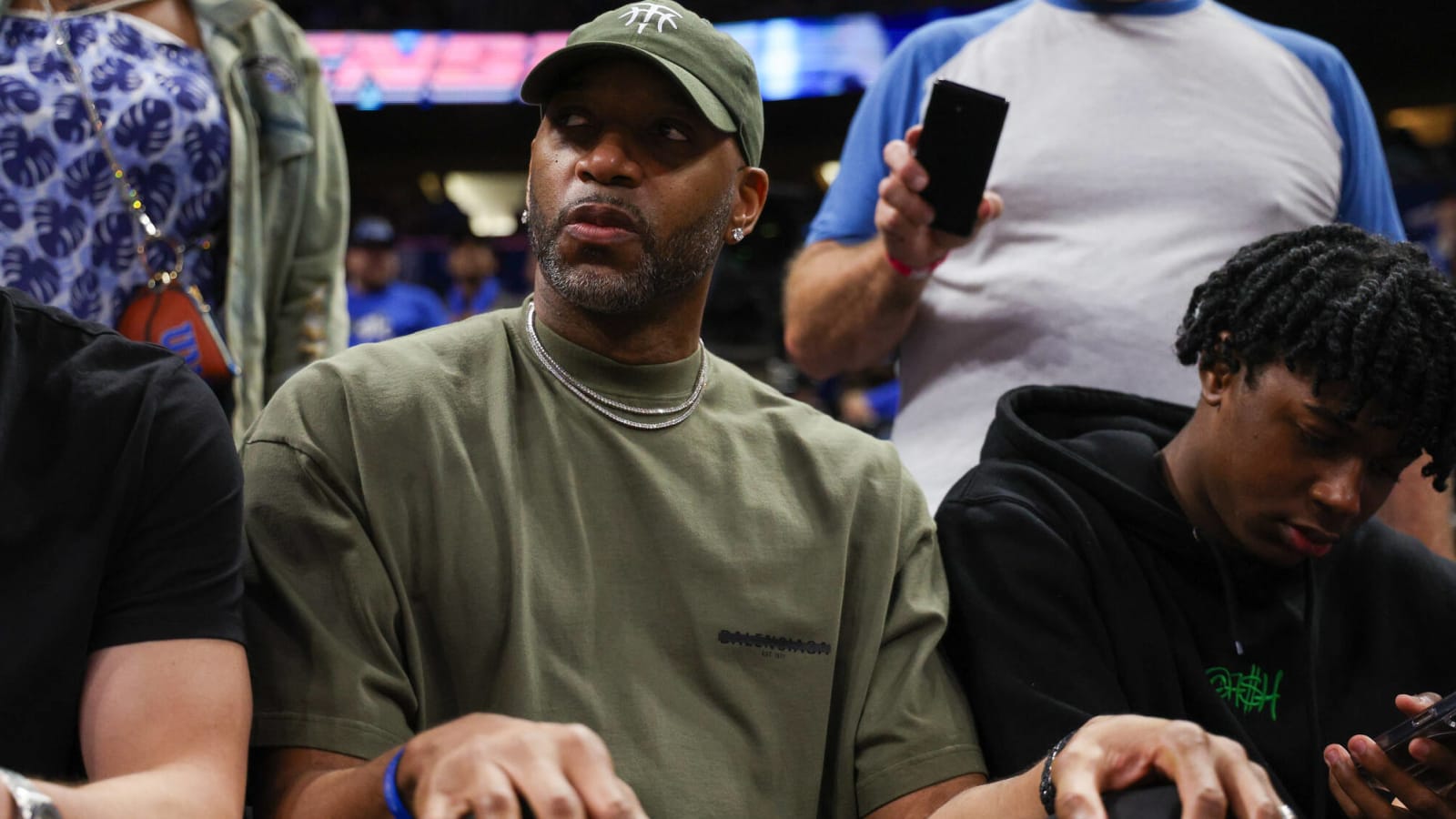McGrady ignites a discussion, pondering whether championships are the sole measure of greatness, highlighting the influence of individual talent and the role of luck in shaping legacies.

Tracy McGrady’s perspective on evaluating a player’s greatness sparked a significant debate within the basketball community. McGrady argued that luck plays a significant role in shaping a player’s legacy and that winning should not be the sole determinant of greatness. He emphasized the subjective nature of greatness and how various factors, including the teams a player is on, can influence their career trajectory.
“In my opinion, measuring a player’s greatness is highly subjective. Luck plays a significant role in this discussion. In today’s media and fan perspective, greatness often correlates with winning.”

“From my viewpoint or that of Charles Barkley, Patrick Ewing, Reggie Miller, Allen Iverson, and Carmelo Anthony, these individuals embody greatness.”
“Despite not clinching championships, I didn’t have the fortune of playing alongside someone like Shaq, as Kobe did during his three championship victories. Players like Steph Curry, Klay Thompson, and KD joined forces to secure two championships together.”
“Consider Steph Curry’s brilliance. Place him on a team like the Charlotte Hornets for his entire career—given the Hornets’ struggles as an organization. Would we still regard him as one of the top 10 players of all time? It’s doubtful. It boils down to luck. Thus, I don’t define greatness solely by winning.”
McGrady underscored the tendency among fans and media to prioritize championships as the ultimate measure of greatness, neglecting the individual brilliance and impact of players who haven’t claimed titles. Notable figures like Charles Barkley, Patrick Ewing, Reggie Miller, Allen Iverson, and Carmelo Anthony, though championship-less, are esteemed for their excellence on the court.
He drew attention to the role of circumstances and team dynamics in shaping a player’s legacy, using examples like Stephen Curry, Klay Thompson, and Kevin Durant, who thrived with the Golden State Warriors’ formidable roster and organizational structure.
McGrady posed a hypothetical scenario where Curry, renowned as the greatest shooter in NBA history, played for a struggling franchise like the Charlotte Hornets. He suggested that Curry’s legacy might not shine as brightly without the support of a winning culture and talented teammates.

By challenging the sole emphasis on championships, McGrady highlighted the significance of recognizing individual talent, skill, and impact, irrespective of team success.
With two scoring titles, seven All-Star appearances, and seven All-NBA selections, McGrady’s remarkable career stats speak volumes. Yet, what distinguishes McGrady is his tenure with teams lacking championship-caliber rosters, unlike many other basketball legends. Despite leading competitive teams, McGrady often faced postseason disappointment due to his teams falling short.
McGrady’s stint with Yao Ming in Houston from 2004 to 2010 illustrates this challenge, as injuries hampered their potential partnership. Despite their promise, injuries consistently thwarted their aspirations, showcasing the unpredictable nature of professional sports.
His perspective provokes reflection on how basketball greatness is evaluated, stressing the importance of considering a player’s broader career context and the myriad factors shaping their legacy beyond championships.